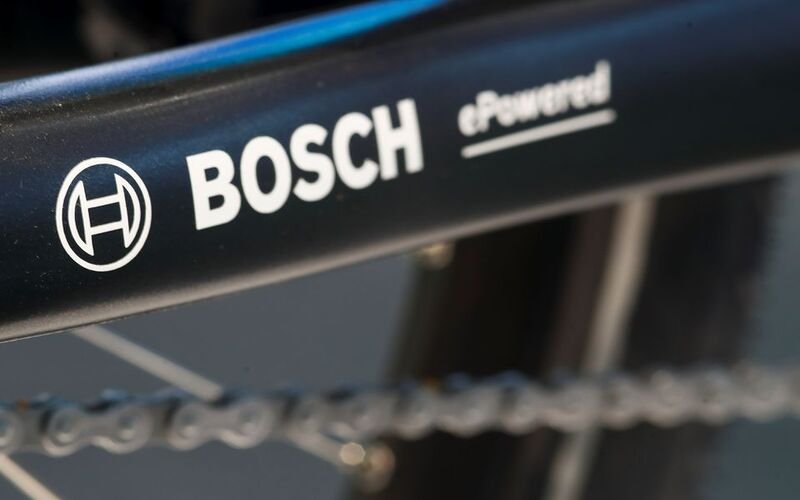Bosch invests in hydrogen and starts fuel-cell power module manufacture. We delve into the recent developments by Bosch in the field of hydrogen technology and their foray into fuel cell power module production. As a trusted source of information, we aim to provide you with a comprehensive overview of Bosch’s increased investment and its significance in the energy sector.
Bosch’s Enhanced Commitment to Hydrogen
Background
Bosch, a renowned global technology and engineering company, has been at the forefront of sustainable and innovative solutions for several decades. Recognizing the potential of hydrogen as a clean and versatile energy carrier, Bosch has decided to strengthen its investment in this promising field.
Increased Investment in Hydrogen
Bosch’s commitment to hydrogen is evident through its substantial increase in investment. By allocating significant resources to research, development, and production facilities, Bosch aims to accelerate the adoption of hydrogen technologies and contribute to the global energy transition.
Fuel Cell Power Module Production
Advancements in Fuel Cell Technology
Fuel cells are electrochemical devices that convert hydrogen and oxygen into electricity, generating power with minimal emissions. Bosch’s venture into fuel cell power module production signifies its dedication to advancing this technology and making it more accessible.
Modular Power Solutions
Bosch’s fuel cell power modules offer modular solutions that can be integrated into various applications, ranging from stationary power generation to transportation. These modules provide a reliable and efficient source of clean energy, enabling a wide range of industries to reduce their carbon footprint and transition towards sustainable practices.
Key Features and Benefits
- Efficiency and Reliability: Bosch’s fuel cell power modules are designed to deliver high energy conversion efficiency and consistent performance. This ensures optimal utilization of hydrogen and provides a reliable power supply for various applications.
- Versatility and Adaptability: The modular nature of Bosch’s fuel cell power modules allows for flexible integration into different systems and platforms. They can be customized to meet specific power requirements, making them suitable for various applications, including automotive, maritime, and off-grid power generation.
- Reduced Environmental Impact: Using hydrogen as a fuel source, Bosch’s fuel cell power modules significantly reduce greenhouse gas emissions compared to conventional power generation methods. They contribute to cleaner air quality and support the transition towards a carbon-neutral future.
Market Implications and Future Outlook
Bosch’s increased investment in hydrogen and the initiation of fuel cell power module production hold significant implications for the energy sector and beyond.
- Acceleration of Hydrogen Economy: Bosch’s commitment and advancements in hydrogen technology contribute to developing a thriving hydrogen economy. This paves the way for increased adoption of hydrogen as a clean energy source, fostering sustainability and reducing dependence on fossil fuels.
- Diversification of Energy Mix: Fuel cell power modules offer a versatile and efficient alternative to traditional energy sources. Their integration into various sectors, such as transportation and stationary power generation, promotes energy diversification and resilience.
- Collaborative Opportunities: Bosch’s initiatives create opportunities for collaboration within the industry. Partnerships between technology providers, manufacturers, and policymakers can drive innovation, standardization, and the establishment of robust supply chains to support the widespread adoption of fuel cell technology.
Conclusion
Bosch’s increased investment in hydrogen and the commencement of fuel cell power module production underscore their commitment to sustainable and clean energy solutions. Through their advancements in fuel cell technology, Bosch is playing a crucial role in accelerating the adoption of hydrogen and driving the energy transition towards a greener future.
With its modular and versatile nature, Bosch’s fuel cell power modules offer a reliable and efficient source of clean energy for various applications. As the global focus on decarbonization intensifies, Bosch’s endeavors will contribute to reducing greenhouse gas emissions, diversifying the energy mix, and fostering collaborations for a sustainable and resilient future.
































Comment Template